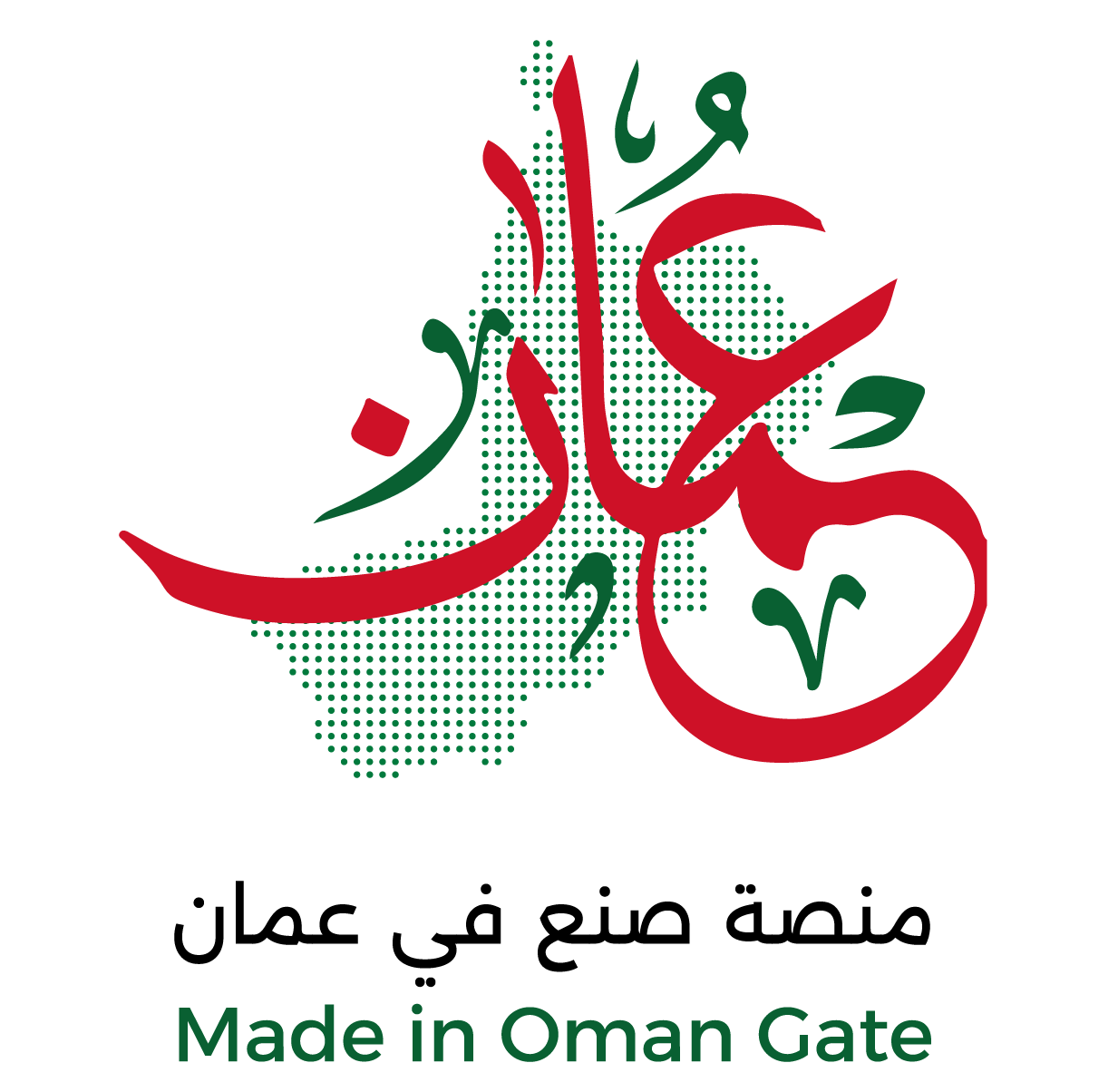Ahead of the formal introduction of Open Banking – a tech-driven service with the potential to transform the banking and financial services industry – the Central Bank of Oman (CBO) has launched a public consultation process designed to garner stakeholder feedback on this landmark initiative.
Open Banking is a fintech-based platform operating on application programming interfaces (API) that enables conventional banks to collaborate with third-party payment service and financial service providers, thereby offering a smoother user experience for consumers.
On Tuesday, the Central Bank unveiled its draft Open Banking Regulatory Framework to allow for stakeholder deliberation and feedback on its key provisions before it is updated, approved and legislated into law.
The draft framework sets out the licensing criteria, process, and ongoing obligations imposed on Open Banking Service Providers in relation to the provision of Open Banking Services and their marketing or promotion thereof.
Also made public by the Central Bank is a technology framework to support Open Banking. The technology framework is described as a “blueprint for enabling secure sharing of financial data and facilitates the development of innovative financial services and applications. It is a set of principles, standards, and protocols that govern the way financial institutions and third-party providers interact and exchange data”.
According to the CBO, the Open Banking Technology Framework promotes transparency, customer control, and competition in the financial sector. “It allows customers to securely share their financial information with authorized third-party providers, such as fintech companies, to access a wide range of services and products. This framework relies on the use of open application programming interfaces (APIs) that facilitate seamless data sharing between different systems and platforms.”
The key components of the Open Banking Technology Framework include strong data security measures, standardized APIs, consent management mechanisms, and authentication protocols, the apex bank said.
“These elements ensure that customer data is protected and accessed only with explicit consent from the customer. Additionally, the framework promotes interoperability, enabling different financial institutions and service providers to collaborate and offer integrated services to customers,” it further stressed.
A number of local Omani bankers have welcomed the initiative. Haifa al Zadjali, Chief Compliance Officer (CCO) & MLRO at HSBC Bank Middle East Limited, commented in a post: “This is an important innovation in the financial sector. Open banking is a big step forward in managing and sharing data. It makes payments and financial transactions easier for clients. It’s quick, convenient, and safer. Businesses offering open banking can provide a better payment experience for their customers, leading to higher conversion rates, better customer engagement, lower costs, faster payments, and improved security.”
She further added: “By adopting open banking, we can create a more efficient, transparent, and customer-focused financial system. Participating in this initiative can lead to significant improvements in service delivery and give early adopters a competitive advantage.”
Oman Observer


